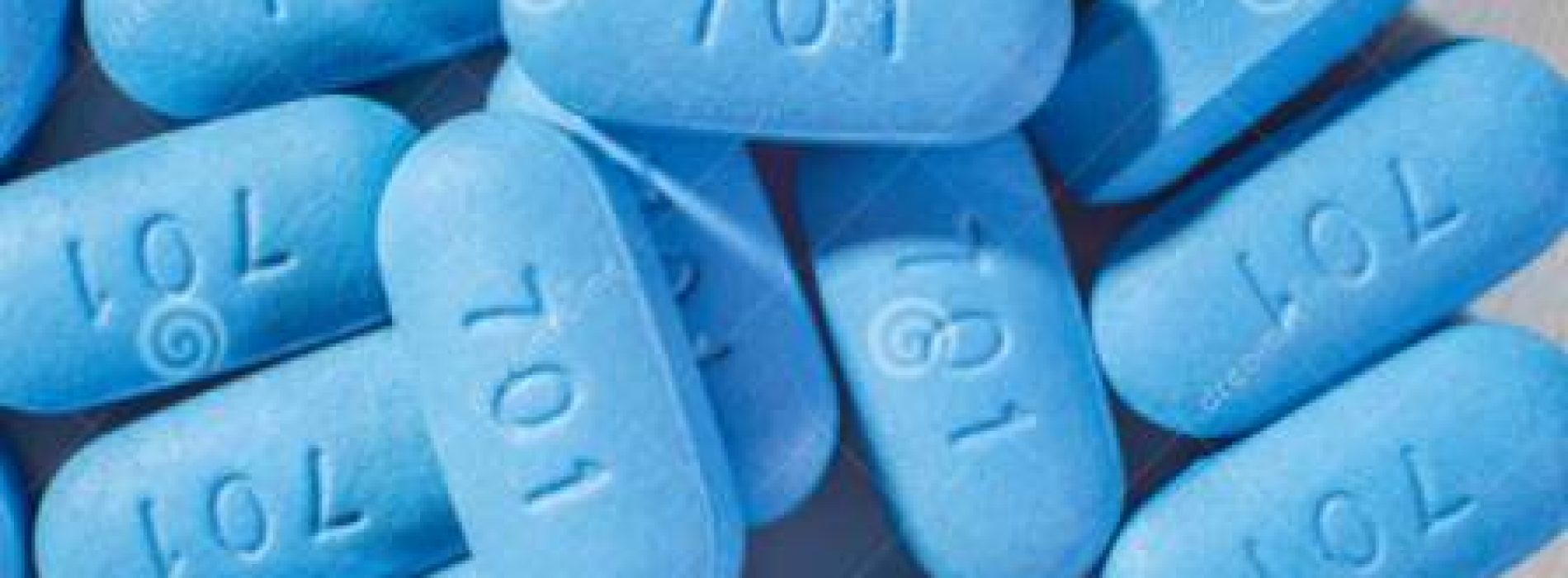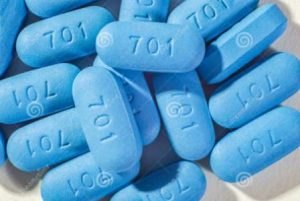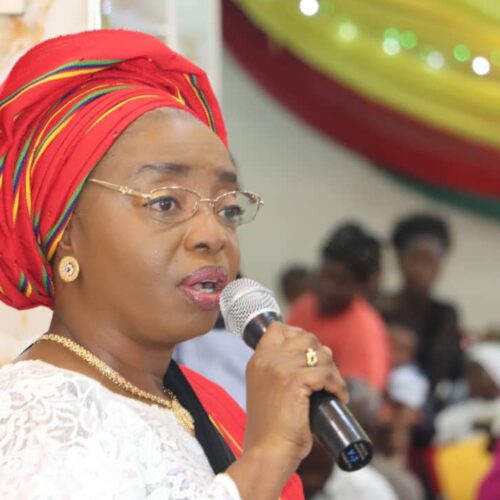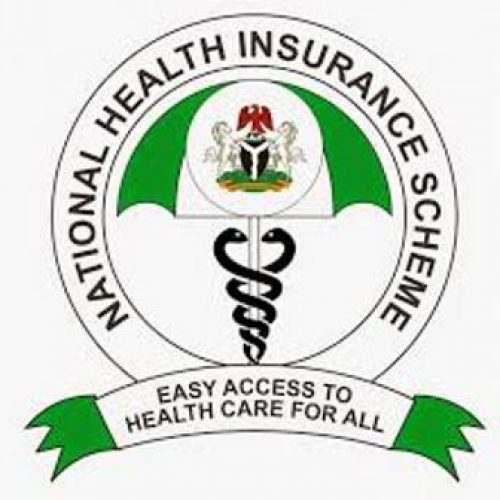Kenya introduces pre-exposure anti-retroviral drug
… To be distributed free to people at risk of HIV infection
The Kenyan Government has introduced a new drug for people who, though are HIV negative, are mostly at risk of HIV infection.
The drug, referred to as a Pre-Exposure Prophylaxis (PrEP) which will be distributed free to Kenyans aged 15 years and above is expected to be launched across the country next month.
The roll out is expected to allow Kenyans who require anti-retroviral medicines (ART) to access them to prevent themselves from the risk of acquiring HIV.
Kenya is the second country to embrace the programme in Africa after South Africa. The programme is also found in the United States and Britain.
According to Dr. Martin Sirengo, head of Kenya’s National AIDS & STI Control Programme (NASCOP), PrEP is an anti-retroviral drug taken daily by HIV negative people most at risk of HIV infection to reduce their chances of becoming infected.
“If you have exposed yourself to HIV, for example, by having unprotected sex with someone who is living with HIV or coming into contact with infected body fluid, taking PrEP correctly can stop the virus from establishing itself in your body,” Sirengo said.
He added that if used consistently, it can significantly reduce the risk of getting HIV from unprotected sex.
“It is more effective when used with condoms, safer sex practices and other HIV prevention methods, but it is not a vaccine.”
He listed “serodiscordant” couples, where one person is HIV-positive while the other is HIV-negative and those who have used post-exposure prophylaxis (PEP) as the groups targeted mainly for the drug. Others include people who have multiple sex partners or who engage in transactional sex, victims of sexual violence or those who, in the course of having sex realise the condom has burst and those who have had repeated treatment of sexually transmitted diseases (STDs).
Dr. Sarah Masyuko, NASCOP ‘s HIV testing and PrEP manager said the regime involves taking a pill daily for the duration one feels he or she is at risk.
“We are working with county governments in some select public facilities to provide the service free of charge. But the drug will not be bought off the counter. It will only be available in the select public health facilities. You must be 15 years and above and you must visit a public hospital to be tested for HIV. If you are negative, then you qualify,”
Dr. Masyuo said people will be tested for the proper functioning of their liver and kidney before taking the drug.
Source: Standardmedia








0 Comments
No Comments Yet!
You can be first to comment this post!